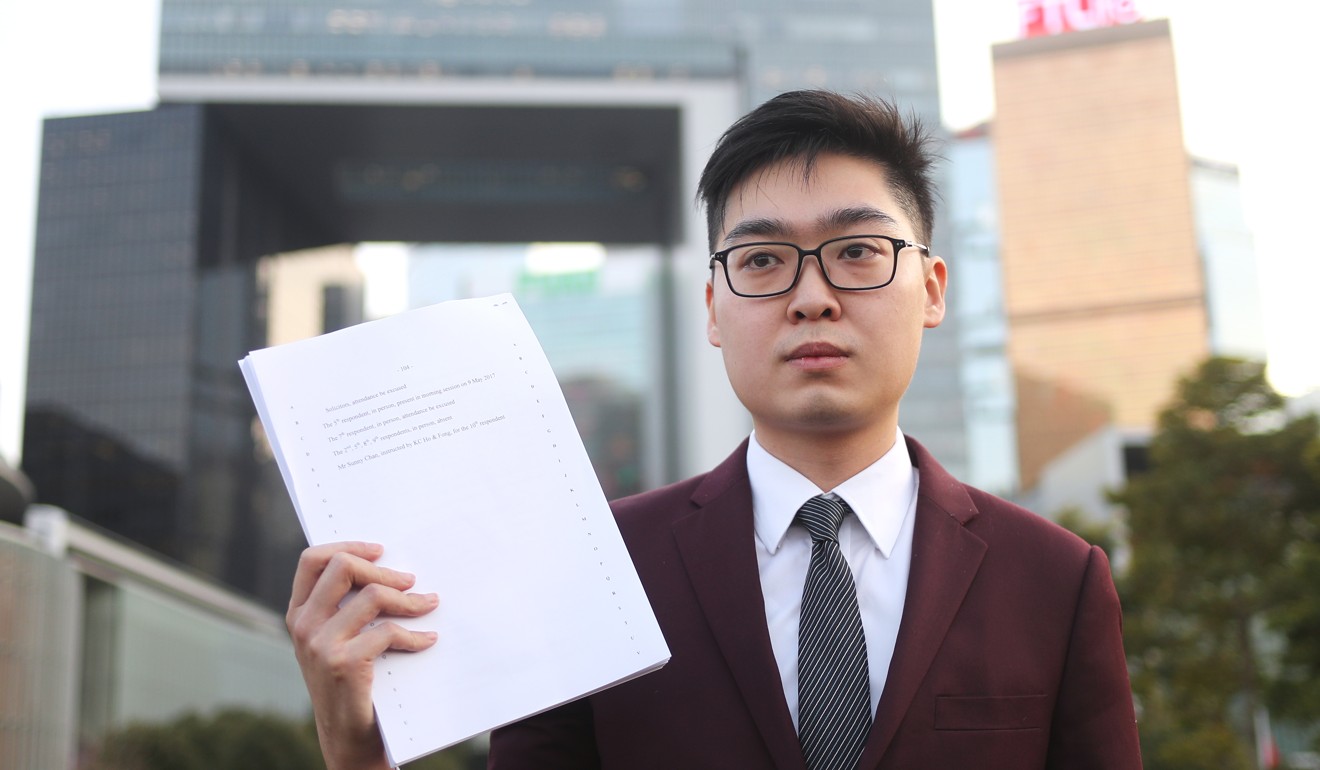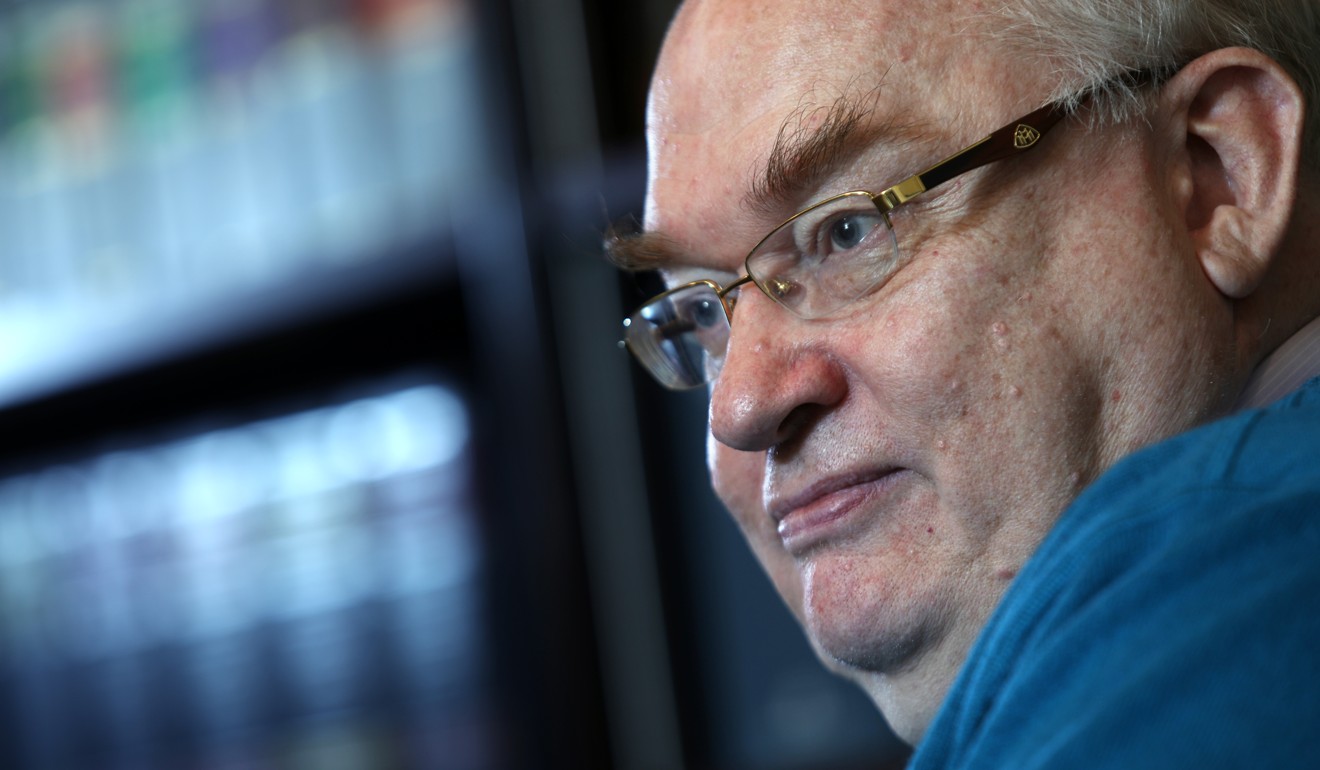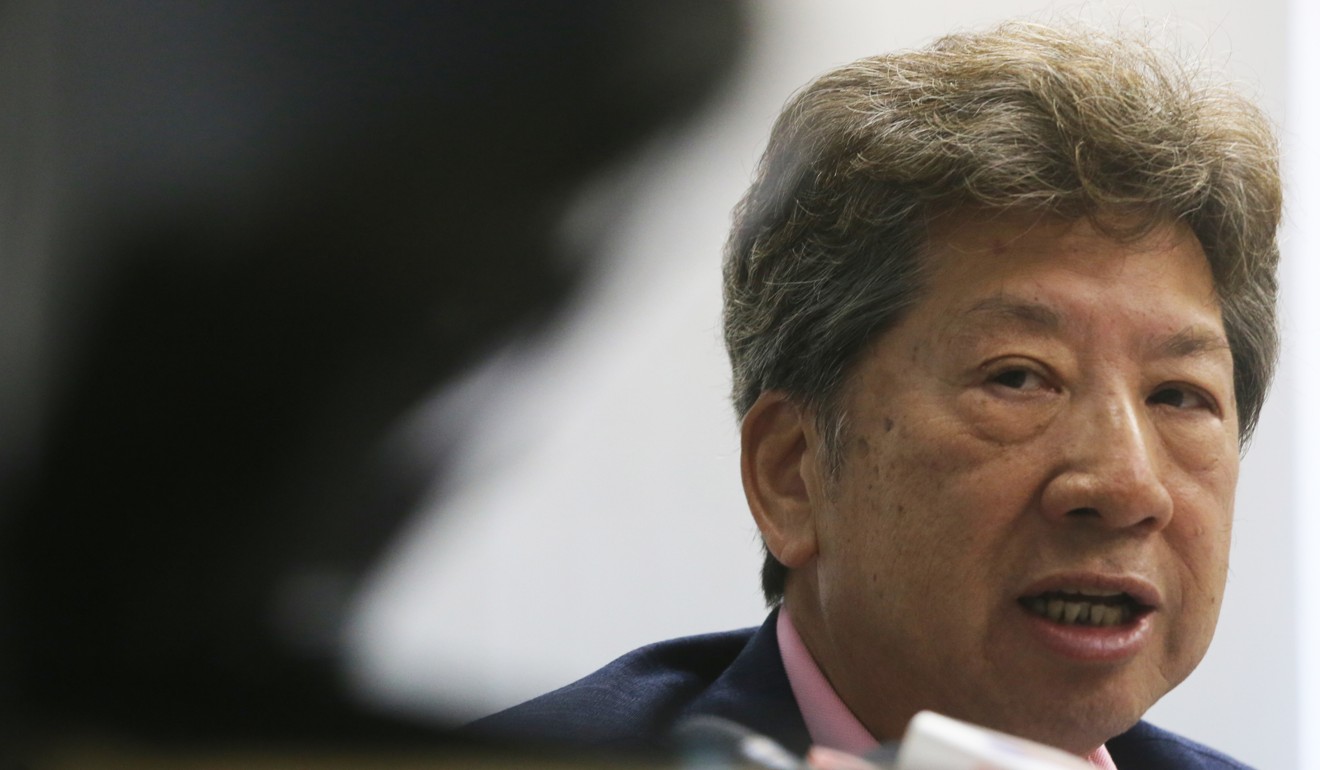
Hong Kong Bar Association laments ‘political screening’ of election candidates
The body, which represents Hong Kong’s barristers, also raised concerns about the recent disqualification of student activist Agnes Chow Ting by a returning officer from running in the coming by-election

Hong Kong’s newly elected Bar Association on Wednesday lamented the “political screening” of election candidates after the High Court ruled that civil servants seconded to the electoral authority have the power to ban those they determine will not uphold the Basic Law.
It also raised concerns about the recent disqualification of student activist Agnes Chow Ting by a returning officer from the Electoral Affairs Commission from running in the coming by-election on March 11, pointing to the same judgment stipulating that aspirants must be given a chance to defend themselves before such a determination is made.

The Bar Association, which recently elected a group of more liberal-minded leaders to represent the city’s barristers, said it was concerned about the disbarment of an election candidate on the basis of political party association or political beliefs by a civil servant under “closed-door inquiry”.
The strongly worded statement came a day after the landmark High Court ruling against pro-independence activist Andy Chan Ho-tin, which determined that returning officers could bar candidates because of their political views – but only when presented with “cogent, clear and compelling” evidence that such aspirants would not uphold the Basic Law, the city’s mini- constitution.
But to reach such a conclusion, returning officers must give aspirants a “reasonable opportunity” to respond to their concerns, the judge said, in a ruling expected to hold legal ramifications for the recent banning of election candidates.
Chow was barred from the March by-election before being offered a chance to explain her political stance.

In its statement, issued weeks after prominent human rights lawyer Philip Dykes was elected as its new chairman, the Bar Association welcomed the part of the ruling by Justice Thomas Au Hing-cheung on the right to be heard. It was in this context that the association, viewed by some as putting barristers on a collision course with the government, said it was concerned about Chow’s disqualification.
“The decision of the returning officer was apparently made without affording Ms Chow any opportunity to be heard,” the statement read.
The association said the High Court’s recent ruling effectively confirmed that returning officers held substantive power to confirm the validity of nominations by “inquiring into a candidate’s personal and political beliefs to ensure he or she was convinced of the candidate’s truthfulness”.
It added: “This regrettably is equivalent to the introduction of a political screening process for any prospective candidate, and there is no fair, open, certain and clear procedure to regulate this process; nor any timely remedy against an adverse decision of the returning officer, resulting in an indefinite duration of disqualification of the persons concerned.”
University of Hong Kong principal law lecturer Eric Cheung Tat-ming said the association’s latest statement was “very appropriate”.
“This is a matter of public interest, and it’s related to the rule of law,” he said. “The government was obviously not following the law [in disqualifying Chow] without giving her the chance to explain.”
Chinese University political scientist Ivan Choy Chi-keung was not surprised by the statement with Dykes now helming the association’s governing council.
“It reflects the image of the council … and it makes people feel that Chow will have sufficient grounds in seeking a legal challenge against her disqualification,” Choy said.

However, former Bar Association chairman Ronny Tong Ka-wah, who sits on the Executive Council, said the association should not be “cheering for, or leaning towards, an individual” such as Chow.
“This would only put pressure on the court, and it would not help to defend judicial independence or the rule of law,” he said, in a reference to his understanding of the association’s core missions.
Tong also noted that in the recent verdict, the judge had said it was neither unconstitutional nor contravening human rights laws to invalidate Chan’s candidacy.
“Under this context, it was incomprehensive for the association to use the phrase ‘political screening’. It would give people the misconception that returning officers’ decision was only based on political, and not legal, reasons.”
Earlier, Tong said on a radio show that it would be “inaccurate” and too “simplistic” to assume that the ruling could improve Chow’s chances of winning an appeal against her disqualification.